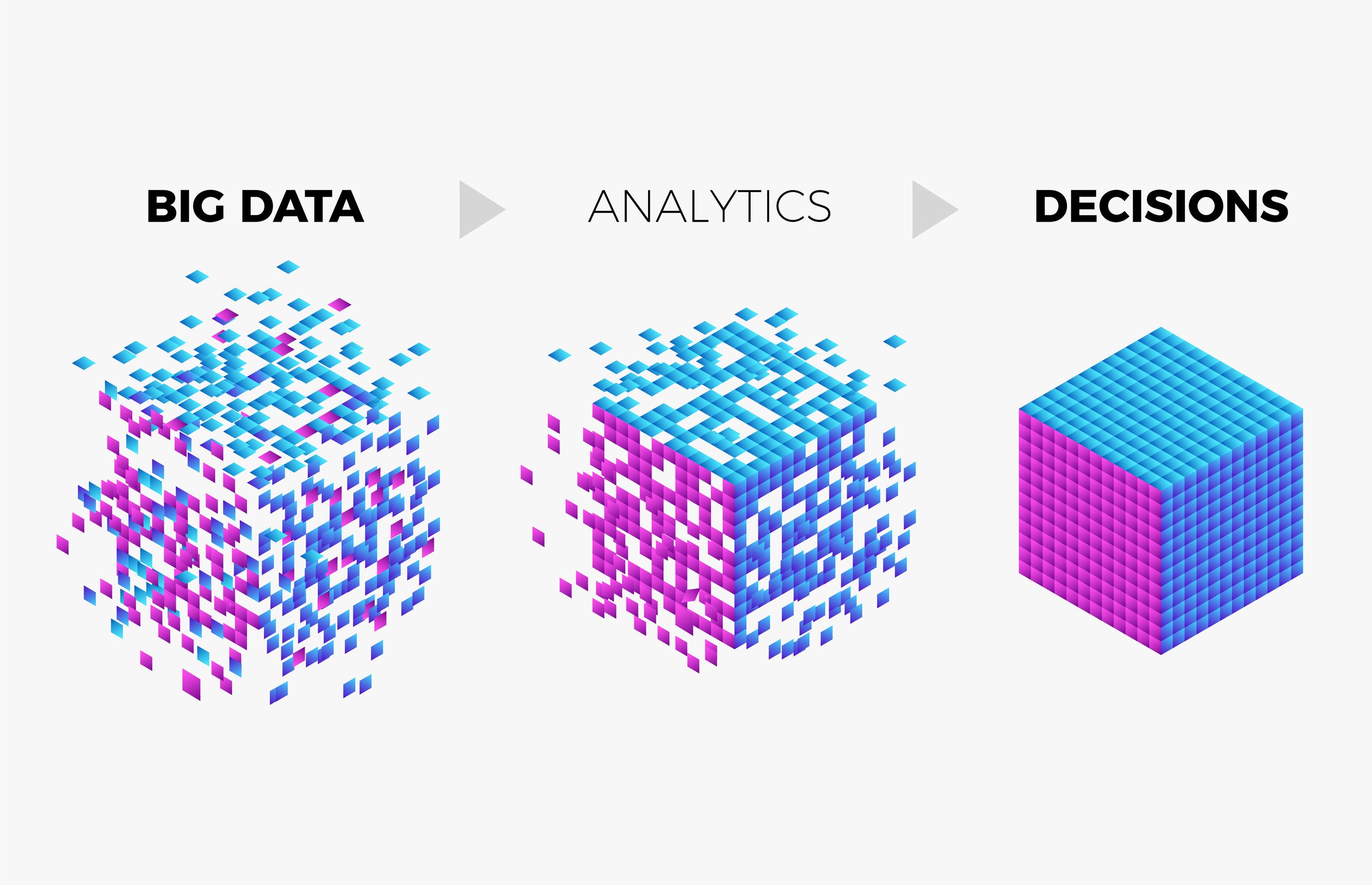BIG DATA’S BIG ROLE IN THE CONSTRUCTION INDUSTRY: LEARN ABOUT ITS ADVANTAGES
It’s no surprise that most people don’t associate the construction industry with technology like they do jelly to peanut butter. The reason is, it has been one of the slowest adopters of technology when compared to most industries. The term Big Data has increasingly gained momentum over the last twenty years, but depending on which industry it's referring to, its meaning and use vary widely. In construction, not surprisingly, it has not been utilized much, especially when compared to other industries like insurance or healthcare. Aside from the lack of early adoption, there has also been the issue of a shortage in finding people with the right skill set to analyze the big data which is what makes it beneficial.
What is Big Data in Construction?
Big Data in construction refers to the combination of information stored from anything that was ever built plus the ongoing input from additional sources. Some examples of data sources on construction projects are machinery, employees, planning tools, design (BIM/CIM), and contracts. Depending on the project's size and scope, there could be additional data sources like enterprise resource planning (ERP). The data collected over time can be loaded into software programs that analyze the information in different ways. This in-depth analysis allows you to get more insights and therefore make better decisions for managing your project.
What Can Big Data Do for Your Projects?
Using Big Data improves decision-making in project planning
The benefits of using big data in your construction projects are plentiful – faster and easier access to information which allows you to do better problem-solving and more efficient planning. Another critical advantage of big data is to further improve safety on work sites. Big data is also very beneficial to the estimating stage of construction projects. For example, when you have good data for how long it takes to do a certain type of task you can refine your estimates (it’s not too different from when you may have pulled out some old notebooks to look up a similar job). When data is analyzed from the perspective of risk and safety, it can help you identify high-risk tasks and suboptimal conditions, which could likely result in dangerous situations for your workers. Another benefit is its capability to find efficiencies within your processes and improve your workflows. This results in lower costs and increased productivity. Making more accurate bids is another reason why you should work smarter with your data. By analyzing the information from past projects, you'll make predictions about future projects, which will give you a way to bid on jobs more accurately. This is known as predictive analytics and has proven its worth across many sectors, including construction. Working with the data to create scenarios based on insights can then make estimations and avoid future failures. Additionally, developing construction simulations are beneficial when you're designing your projects.
What Are Some Challenges with Big Data?
One of the main challenges that still exist with data is when it is not uniform. This makes it more difficult to streamline the data analysis. When data is siloed and not easily shared, it causes another challenge. The entire data set is not being analyzed, and it could lead to incorrect or incomplete conclusions. As mentioned before, the lack of investments made in purchasing technology by construction companies presents another problem. If you don't have the right software or tool to look at your data, it cannot be easily manipulated and put to work for you. The evolution of data being collected from pictures taken by drones is growing at a more rapid pace and therefore should help ease this hurdle over time.
Put Your Big Data to Work!
Data is great! What you do with your data is the key! There is no benefit to collecting information from machinery or people or any data source if you're not going to do something with it. You can use the data analysis to make more informed financial decisions about your projects and improve your workflows and processes. You can also draw better conclusions earlier on, which enhances your bidding and project closeout. ECI's CIM workflows can work seamlessly with your project data. Contact us anytime to get your earthwork projects running even more efficiently!

